beagle100
Been spending a lot of time on here!
- Joined
- Mar 31, 2015
- Messages
- 2,073
- Reaction score
- 546
- Can others edit my Photos
- Photos OK to edit
Thank you everyone for the answers. I'll try to use this combination for the best I can, and once I feel constrained by the lenses, will look for the ones that help me overcome the situation.
OK, overcome the limitations
www.flickr.com/photos/mmirrorless


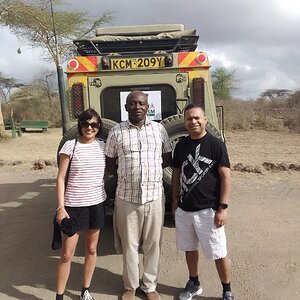
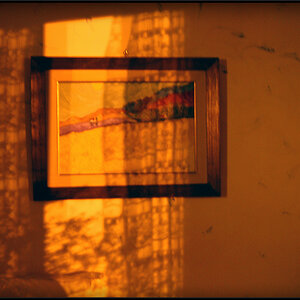
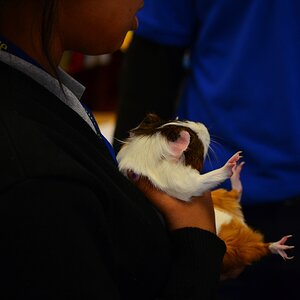
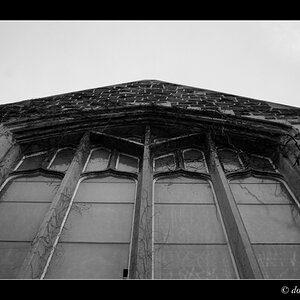
![[No title]](/data/xfmg/thumbnail/31/31097-95606cf1bf0ecc862078bc333f20d4f7.jpg?1619734614)
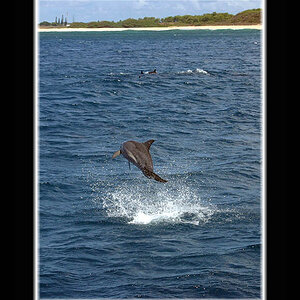
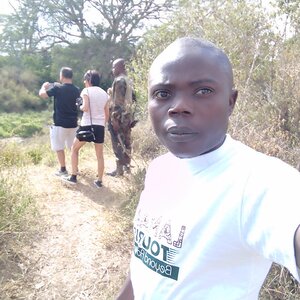
![[No title]](/data/xfmg/thumbnail/40/40293-6f5ffaecd4c1aac1ffc73bb0972aab51.jpg?1619739410)
![[No title]](/data/xfmg/thumbnail/31/31094-f975d7e61424996edc28cec3b9dd70a8.jpg?1619734611)
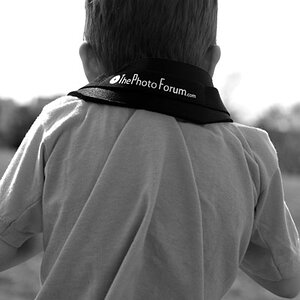
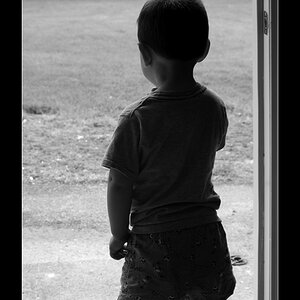
![[No title]](/data/xfmg/thumbnail/40/40291-922170cc27b31d44c3f7f3db9ac1d006.jpg?1619739409)